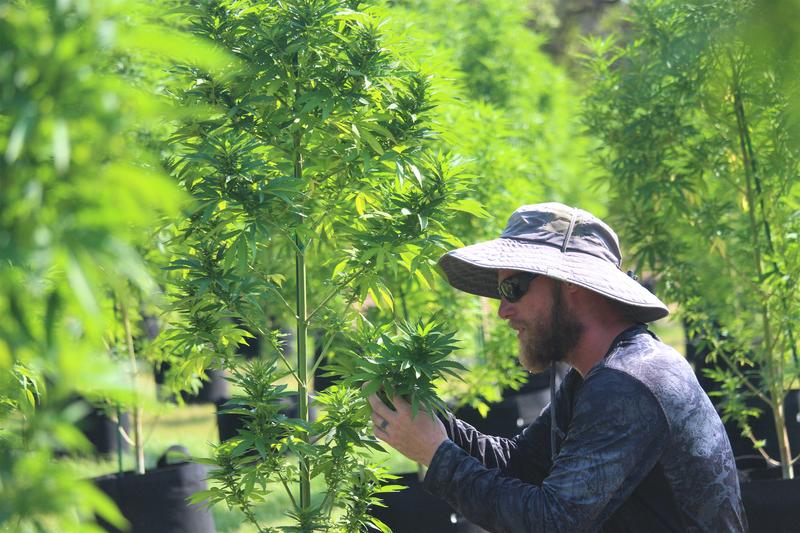[[{“value”:”
Texas House Committee on State Affairs, April 30, 2025.
The Texas House Committee on State Affairs on Wednesday passed its own version of Senate Bill 3. While the original SB 3 would ban the sale of virtually all consumable hemp products, the House committee substitute is substantially different – as its author, Committee Chairman Ken King (R-Canadian), acknowledged.
The substitute bill would ban some consumable hemp products from sale, and it would bar some locations – such as gas stations – from selling any such products, most of which contain THC, the main intoxicating chemical in marijuana. But King stressed that the substitute would rely as much on regulation and taxation as on prohibition.
“It allows for some hemp sales to be continued. It bans vapes. It bans vape shops. It bans all synthetics. Delta-9, the natural flower that’s grown and sold in Texas, would remain,” King said. “There’s a permit and a fee structure. There’s language in the bill that prohibits deceptive packaging to attract children.”
King said that the funds raised through taxes and fees on the industry would pay for its regulation as well as for combatting drug-related crime.
“The fees and the taxes on this, half will go to (the Texas Alcoholic Beverage Commission) for implementation. A quarter will go to accredited crime labs. A quarter will go to opioid/narcotic response services by law enforcement,” King said.
The committee substitute also allows counties to opt out of the bill and go completely “dry,” prohibiting the sale of all consumable hemp products.
The revised bill followed hours of testimony and hundreds of written comments on both the original SB 3 and a related hemp ban bill, House Bill 28. The comments ran heavily against a complete ban on consumable hemp. That’s in part because hemp has grown into a multibillion-dollar industry supporting thousands of Texas jobs, but also because many Texans have come to rely on such products to treat medical conditions ranging from chronic pain to seizures to post-traumatic stress.
“The substitute process happens pretty frequently, but these are pretty big changes – it’s likely because SB 3 was just a flat out ban, and the House didn’t want to go that far, so the only option was to give the bill/proposed rules some shape,” University of Houston political scientist Brandon Rottinghaus said. “The testimony probably convinced the legislators they needed something more substantial so this version give(s) them at least something to play with.”
The substitute passed the House State Affairs Committee unanimously, potentially setting up a showdown between the Texas House and Senate. If the substitute passes the full House, the Senate will have the options of either adopting it or forcing a conference committee to come up with a compromise both can accept.
It’s far from clear the two sides will be able to work out such a compromise in the month remaining in the general session. Lt. Gov. Dan Patrick, the leading force behind the original SB 3, is a firm advocate of complete prohibition of consumable hemp products. As of Thursday afternoon, he had not issued any public comment on the House committee substitute.
“}]] Senate Bill 3 would ban the sale of virtually all consumable hemp products. The House Committee on State Affairs unanimously passed a committee substitute “substantially different” from the original bill, following hours of testimony and hundreds of comments opposing the legislation as worded. Read More


